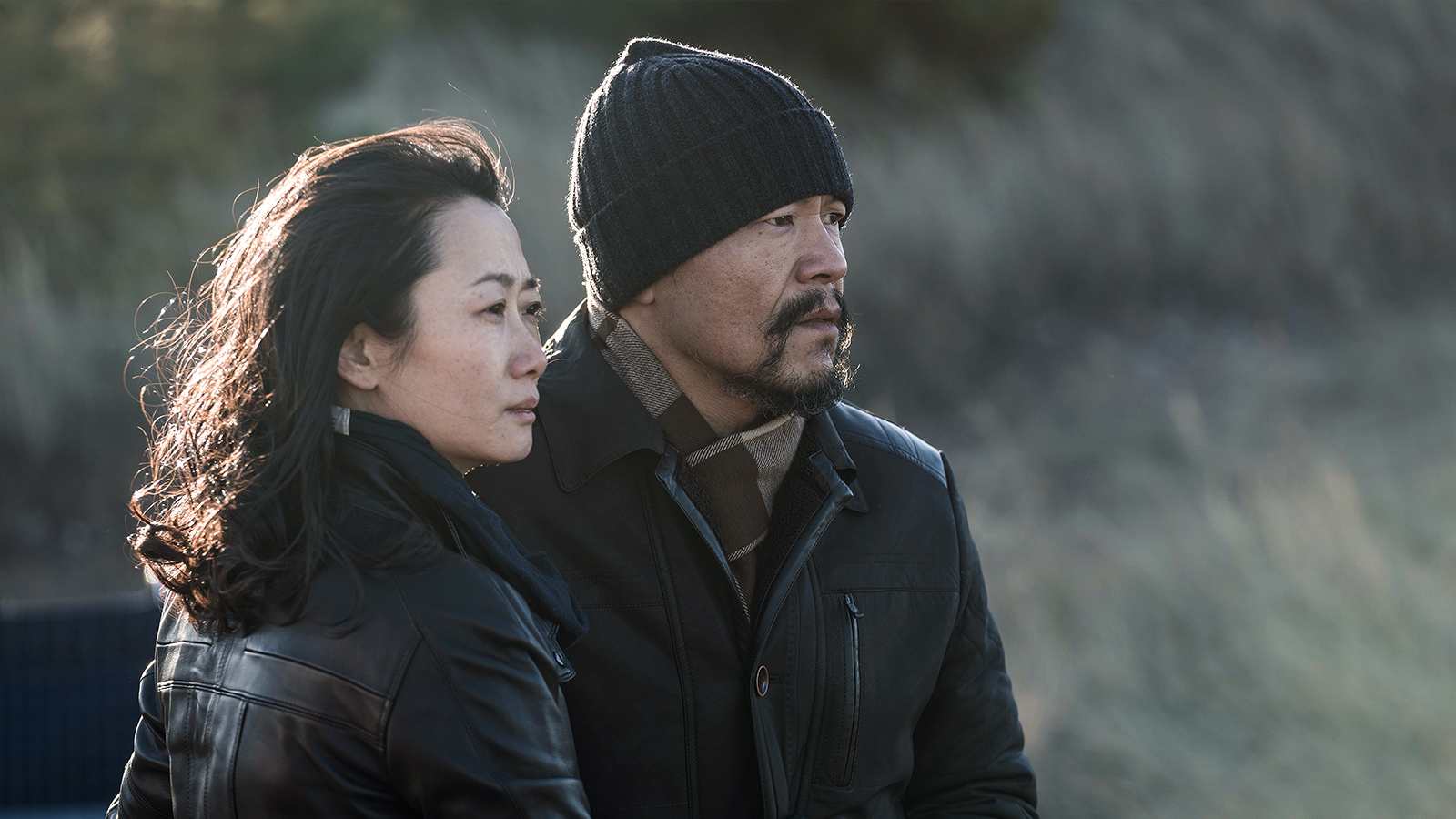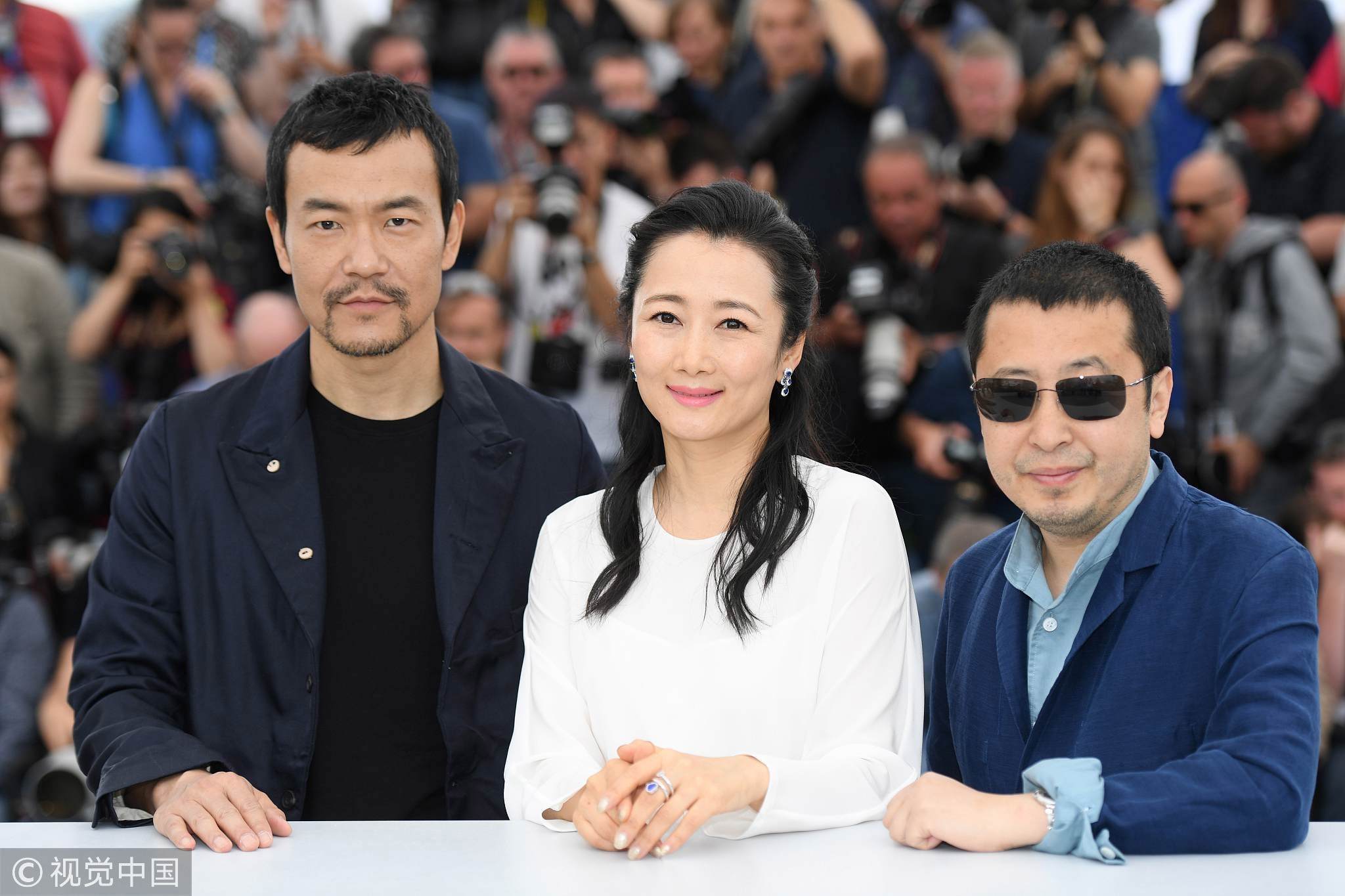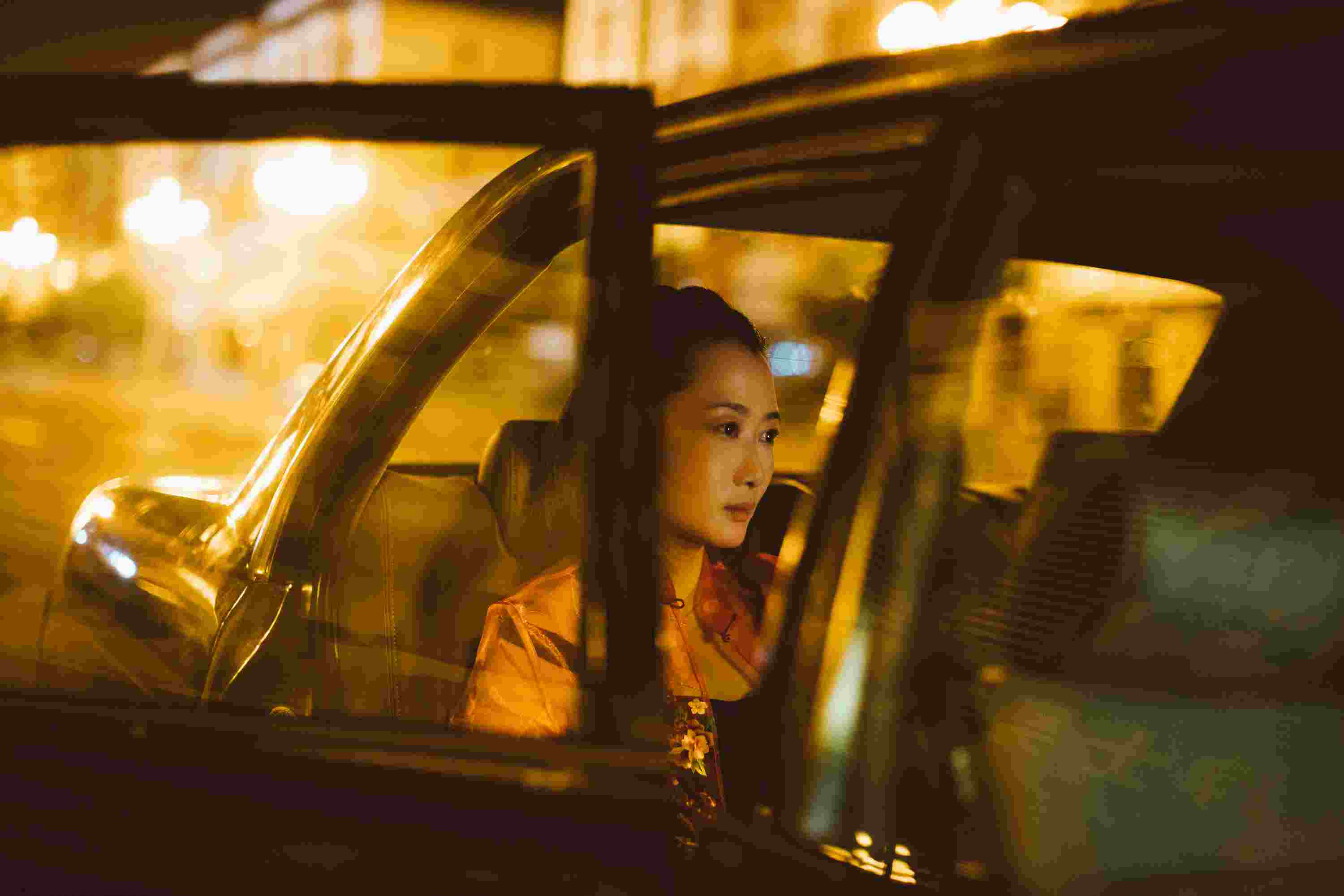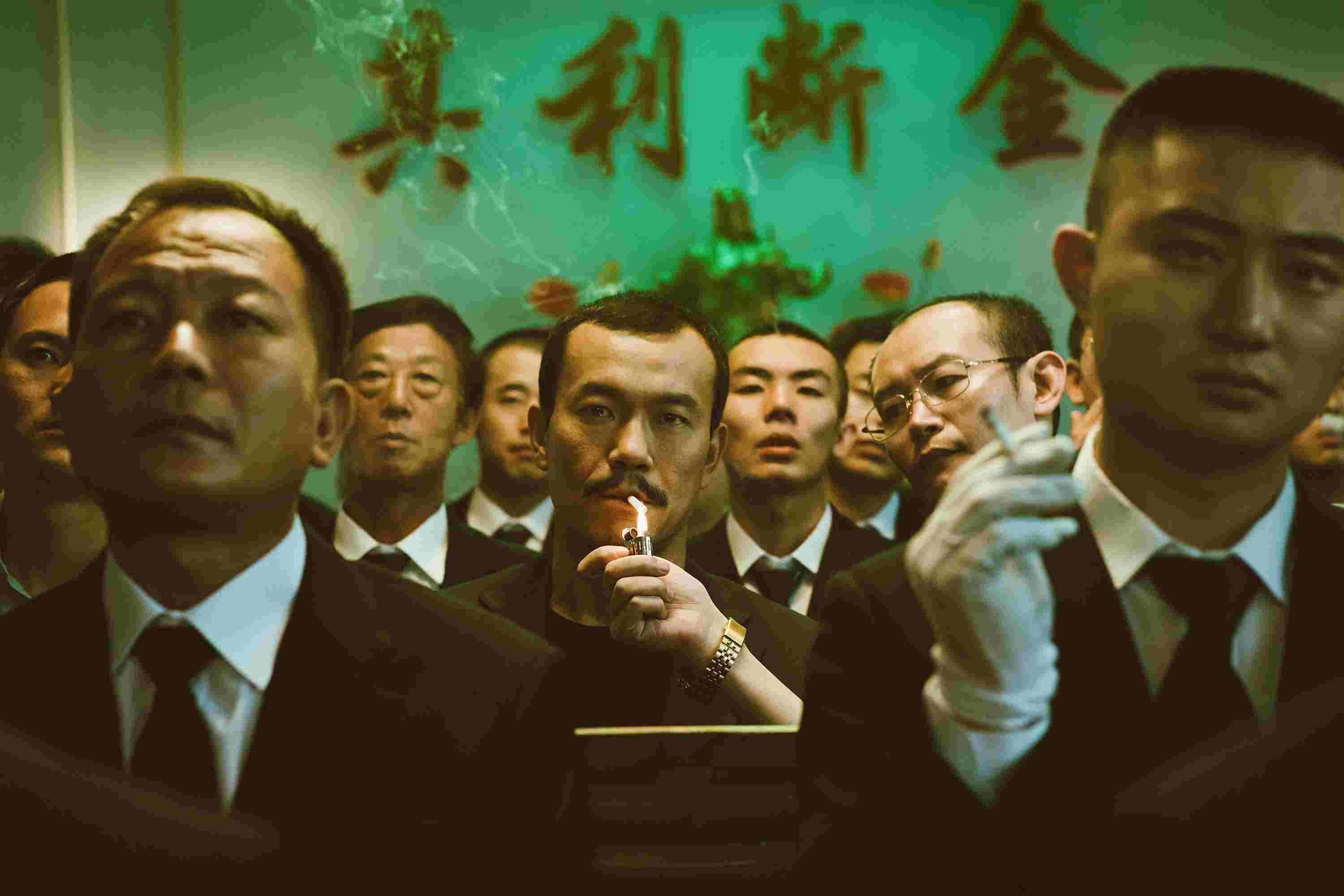
Culture
16:09, 28-May-2018
Jia Zhangke's 'Ash Is Purest White' Gets Wide Release in China
Ty Lawson
01:26

After years of failing to secure release dates in China, critically acclaimed art-house director Jia Zhangke’s work is finally finding an audience at home.
During a press conference on Wednesday in Beijing, he revealed he was able to get distribution for his latest film, “Ash Is Purest White” in China.
It premiered in competition at this year's Cannes Film Festival to critical praise.
“Fierce, gripping, emotionally generous and surprisingly funny... a story of thwarted yet oddly resilient love, as well as a beautiful marriage of the political and the personal,” Los Angeles Times’ Justin Chang wrote. “The revered Chinese writer-director's work brings the chaos of life in his rapidly evolving country into hyper-crisp digital focus.”
“Ash Is Purest White” is a melancholy epic following the relationship between a low-level Chinese gangster (Liao Fan) and the woman who goes to prison for him (played by Jia's wife Zhao Tao).

(L-R) Actor Liao Fan, actress Zhao Tao, and director Jia Zhangke attend the photocall for "Ash Is Purest White" during the 71st annual Cannes Film Festival, May 12, 2018, in Cannes, France. / VCG Photo
(L-R) Actor Liao Fan, actress Zhao Tao, and director Jia Zhangke attend the photocall for "Ash Is Purest White" during the 71st annual Cannes Film Festival, May 12, 2018, in Cannes, France. / VCG Photo
“I now have 48 years of life experiences, and I want to use them to tell a love story set in a contemporary China which has gone through epic and dramatic transformations,” Jia said. “It makes me feel that I’ve lived that way myself and that I still do.”
Jia has been a staple of international cinema for years, with all but his very first student film appearing at the Berlin, Venice or Cannes film festivals. His sixth film, “Still Life” won the Venice Golden Lion in 2006, and his eighth film, “A Touch of Sin”, won the best screenplay award at Cannes in 2015.
“The couple in the film live on the margins of society. They survive by challenging the orthodox social order,” he said while explaining his intentions for making the film. “I didn’t set out to defend them, rather to empathize with their predicament.”

Zhao Tao in “Ash Is The Purest White,” director Jia Zhangke’s first film to get a wide release in China. / MK2 Films
Zhao Tao in “Ash Is The Purest White,” director Jia Zhangke’s first film to get a wide release in China. / MK2 Films
No place like home
Despite being celebrated overseas, much of Jia's work either came prior to a strong interest in art house cinema in China, or it touched upon themes which meant they struggled to be granted the license for cinematic release by the State Administration of Radio and Television.
Jia's fortunes at home began to turn around in 2016 with “Mountains May Depart”. A more muted and emotionally driven rebuke of China's breakneck economic development than some of his earlier work, the film became his first project since the 2010 documentary “I Wish I Knew” to be exhibited publicly in China. It screened nationwide earning 4.3 million US dollars a then-unprecedented performance for an art film in the country.
It took Jia four months to shoot “Ash Is Purest White” with the production spanning across Shanxi and Hubei provinces, as well as the Xinjiang Uygur Autonomous Region. The French magazine “Cahiers du Cinéma” named it as one of the most anticipated movies at Cannes. “Ash Is Purest White” was the only Chinese movie to enter the competition at this year’s festival.
Zhangke is a representative of China’s sixth-generation directors, who have grown up in the era of China’s implementation of reform and opening-up policies, and are more open to the influences of foreign film theories. Many of them focus more on the “grassroots class” compared to their predecessors.

A still from “Ash Is Purest White” / MK2 Films
A still from “Ash Is Purest White” / MK2 Films
When “Ash Is Purest White” is released on September 21 in China it could easily become Jia’s most commercially successful film to date.
“I threw myself into writing the script as if I were writing about my own emotional journeys: my lost youth and my fantasy about the future,” Jia said. “To live, to love and to be free.”
[Cover photo: Zhao Tao (L) and Liao Fan (R) in “Ash Is Purest White,” director Jia Zhangke’s first film to get a wide release in China. / MK2 Films]

SITEMAP
Copyright © 2018 CGTN. Beijing ICP prepared NO.16065310-3
Copyright © 2018 CGTN. Beijing ICP prepared NO.16065310-3